Elaiza’s Wish and the Core Memory That Saved Her
Some children slip into a room so quietly, they’re like a soft breeze you hardly feel until it brushes your skin. But then there are children like Elaiza Onan, whose presence is impossible to miss. The moment you look into her eyes, it’s as if she carries a whole universe of stories, struggles, and strength within them.
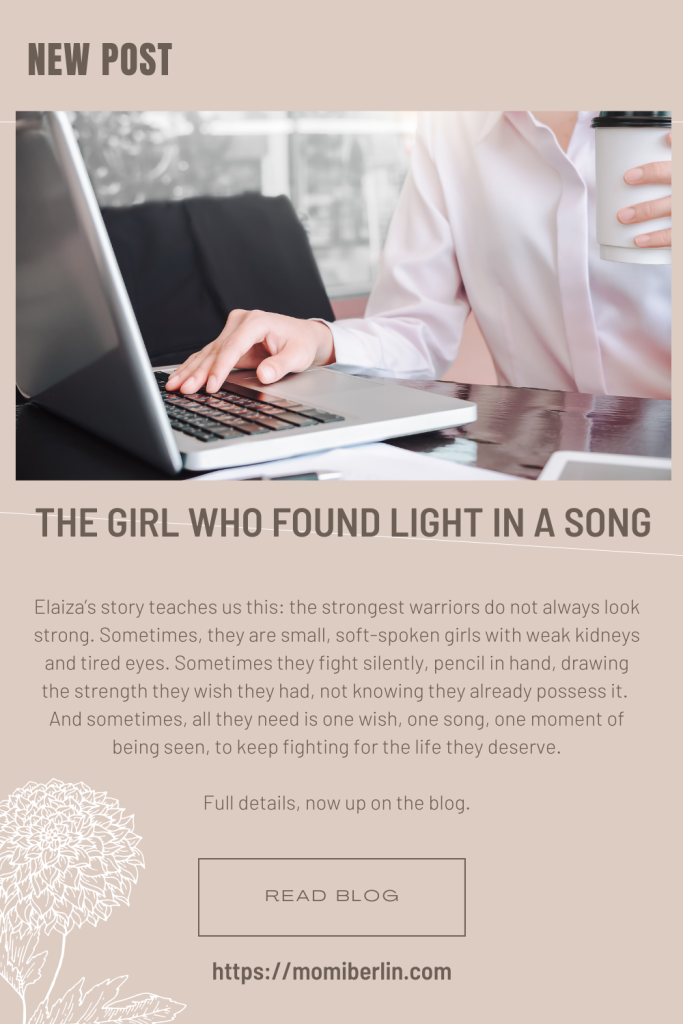
At 20 years old, she still looks younger than her age. She is small for her age, with a kind of tiredness resting beneath her skin that you notice even before she speaks. Her complexion carries the subtle darkening that long illnesses leave behind, the kind that silently tells you she has been fighting for years. You can see it in the shadows under her eyes, in the faint swelling, in the way her body has learned to endure.
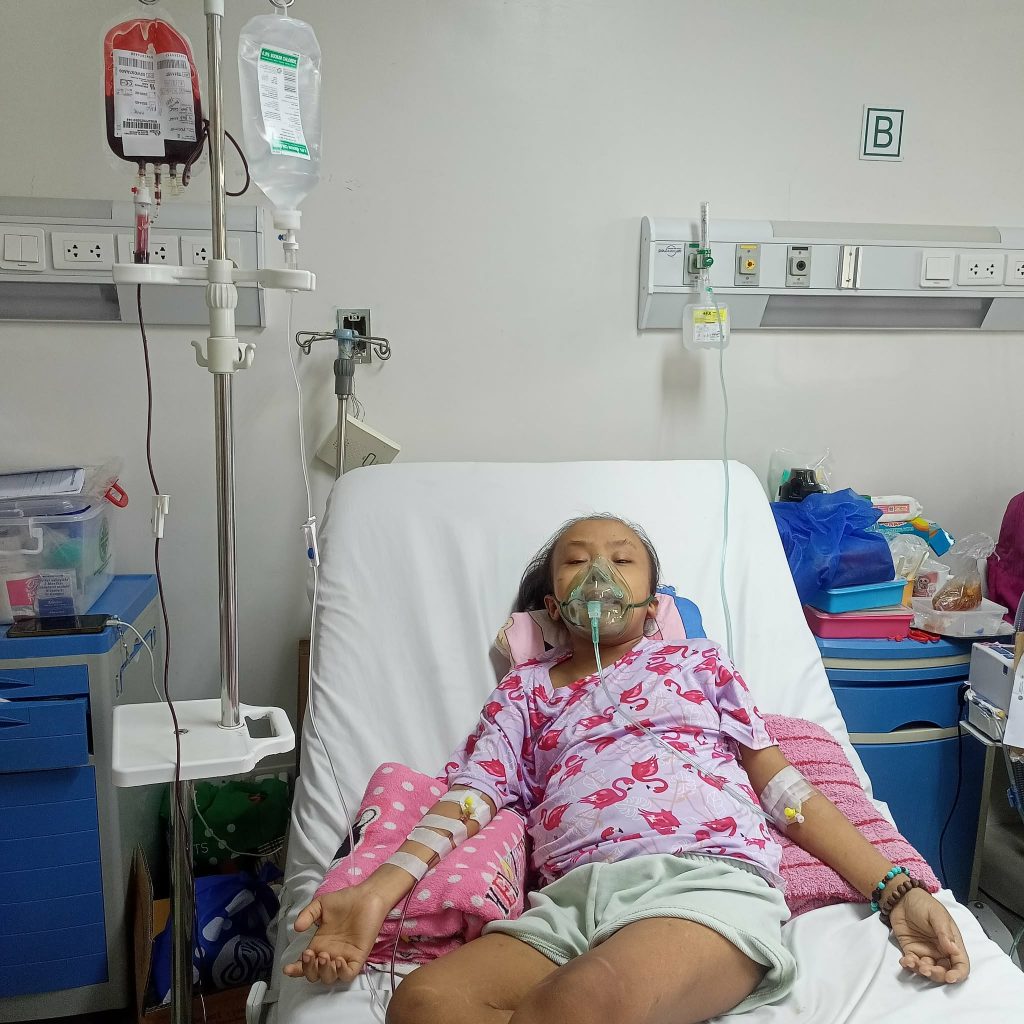
But then you see her drawings, and they tell a completely different story. Pages filled with sharp ink strokes, white-haired warriors, and bright, unbreakable eyes. Gojo Satoru is her favorite. The strongest. The protector. The character she keeps returning to, as if sketching him is her way of reminding herself that strength can live inside bodies that are hurting.
“Siguro kasi gusto ko ring maging ganun, kahit mahina ako,” she once whispered. Maybe she longed to be as strong as the characters she drew because her own body betrayed her again and again. But what I saw in her was something even rarer than strength.
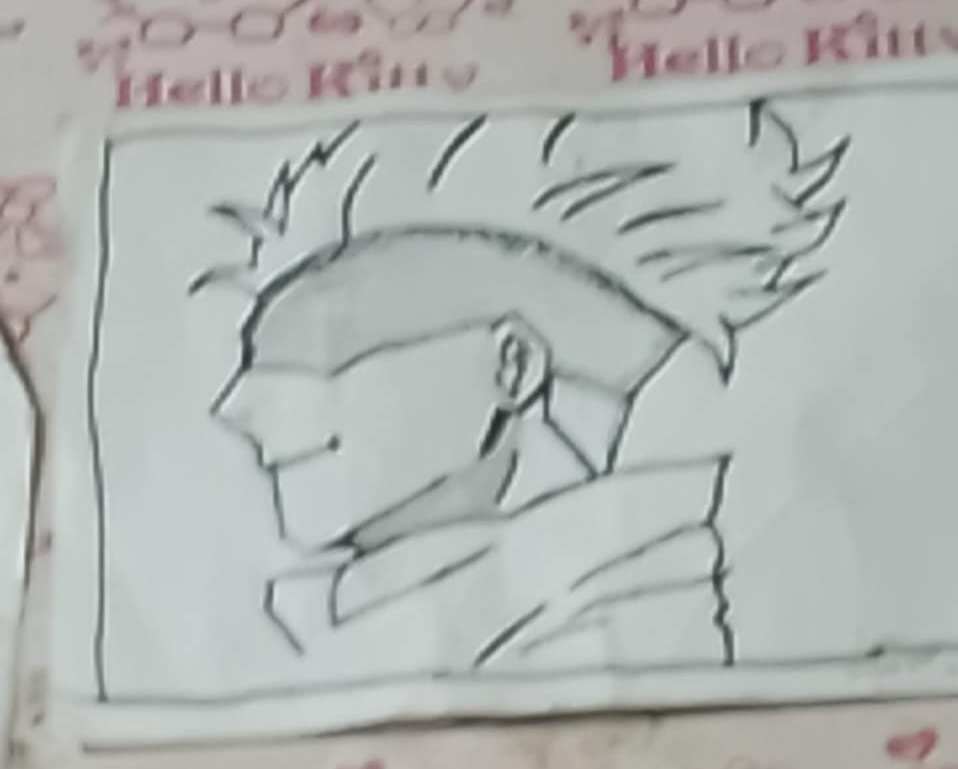
It was courage. The kind that doesn’t roar, but shows up every single day, even when everything hurts.
Before Illness Changed Everything
Before nephrotic syndrome became part of her story, Elaiza lived a life as ordinary and lovely as any child’s. Online games kept her thrilled, anime kept her inspired, and drawing kept her dreaming.
She laughed with the bold joy of someone who believed she could be anything one day: an animator, a baker, or whatever opportunity chose her.

Then one ordinary week, she began to ‘nanamlay’ or slow down in a way her mother instantly feared. They brushed it off at first, thinking it was just a simple flu. A passing cough. The kind of sickness warm soup, rest, and a mother’s hug could fix.
But it wasn’t.
Before she knew it, she was being rushed to PGH. The hospital’s hallways smelled of alcohol and metal, a sharp scent that made the place feel even colder. The machine hummed steadily beside her bed. Monitors blinked like tired stars trying their best to stay awake.

She was 11 when life broke open. 11 when her kidneys began to surrender. 11 when school honors, medals, recess jokes, and childhood itself quietly slipped from her hands.
There is no answer for that kind of pain. Only survival.
The Fear That Doesn’t Sound Like Screaming
People think the worst moments are the ones with needles, procedures, and dialysis lines. But the truth is quieter, more cruel. It’s in the nights when her blood counts drop so low she could feel the cold blooming in her fingertips. It’s in the afternoons that she watches her twin sibling running around while she sits still with tubes taped to her skin. It’s in the mornings that she stares at the mirror and barely recognizes the girl looking back.
Her first menstruation came at eighteen, many years late, because her body no longer knew how to grow normally. And every month when it came, she needed a blood transfusion because her body was too weak, her hemoglobin too low to handle something so natural.
But every time fear tightened around her chest, Elaiza and her mother Ehds held onto three things: family, faith, and the quiet understanding that they could carry on, even in the hardest moments.

A Knock at the Dialysis Center
In 2020, during one of her routine dialysis sessions, something unexpected happened. People from Make-A-Wish, the country’s first and only wish-granting foundation for children with critical illnesses, visited the hospital and gently told her she could make a wish. In that moment, her face flickered with hope, disbelief, and longing. She had two dreams: one, a kidney transplant, and two, to meet Regine Velasquez.
The Asia’s Songbird, whose voice had filled her headphones on nights she could not sleep, whose songs like “Dadalhin kita sa aking palasyo” made her believe she could one day escape the walls of the hospital. Why Regine? “Kasi siya ang lakas ko,” she said. Because Regine’s voice felt like armor, because when she listened to her, she did not feel sick.
The Day Her Wish Grew Wings
Her wish was granted during the pandemic, 2020. It was supposed to be a concert, but there were no crowds, no bright stage lights, no roaring applause. Instead, it was a small, quiet room in their home. A laptop was set up in front of her, the screen glowing softly like a distant star.
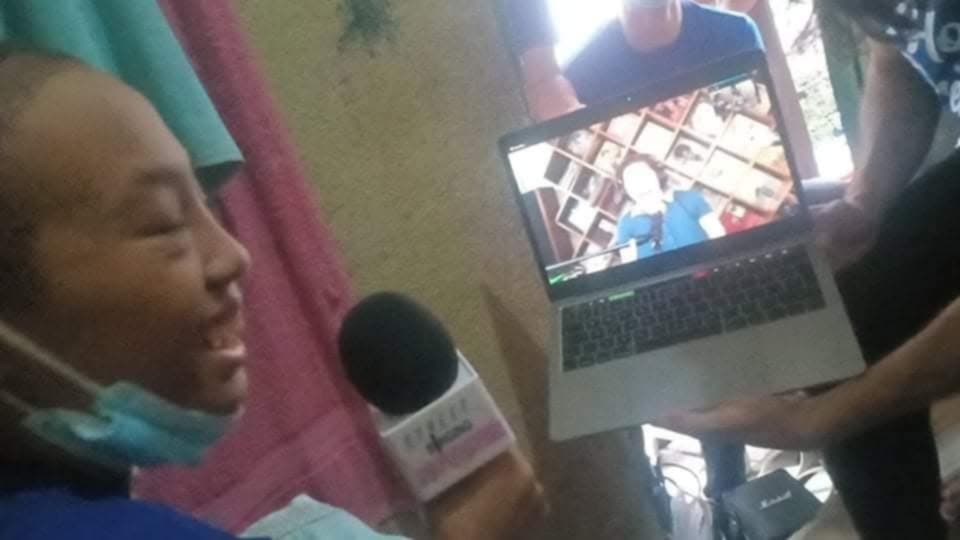
The room smelled of fresh doughnuts from Lola Nena’s, warm sugar, and fried dough curling into the corners, mixing with the faint scent of detergent from her carefully ironed Make-A-Wish outfit. Her mother had smoothed the fabric that morning, folding every crease with loving hands. The soft buzz of excitement hung in the air, a static tension like the calm before lightning strikes.
And then, from the laptop monitor, she appeared. Regine Velasquez.
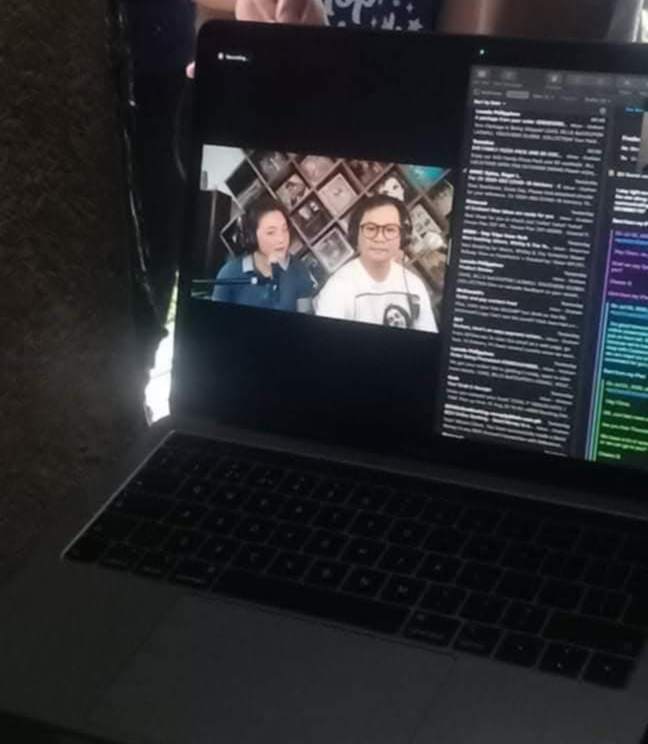
For a second, the world stopped. The hum of the electric fan faded into nothing. The steady ache in Elaiza’s body, the soreness from needles and dialysis, seemed to pause.
“Ang ganda niya,” Elaiza breathed. Not the kind of beauty that blinds, but the kind that glows, soft and steady, like sunlight through a window.
Regine smiled, gentle and grounding, a motherly warmth that seeped through the screen. She spoke to Elaiza like they were two people in the same room, not separated by fame, illness, or years. Just two souls meeting.
Then she sang. Her voice wrapped around Elaiza like a warm blanket on a cold night. Every note carried hope; every word carried courage. Elaiza, who had endured seven long years of needles, dialysis, and constant fear, felt something inside her unclench for the first time in years.
And when Regine said, “Magpagaling ka. Alam kong matapang ka. Pray ka lang lagi,” those words became more than encouragement; they became her core memory. Not because they came from a superstar, but because they came at a moment she had felt invisible, forgotten, and small.
What a Wish Can Do
Elaiza is still on dialysis today. The journey has not magically ended. The needles, the machines, the fatigue, and the limitations remain part of her everyday life. But something inside her changed after her wish was granted. She realized she mattered. She discovered that somewhere out there, people cared about children like her, children whose battles are often invisible to the rest of the world. “Kahit papaano, may mga taong magpapahalaga,” she said. That quiet understanding and that feeling of being valued became one of the greatest gifts Make-A-Wish placed in her hands.
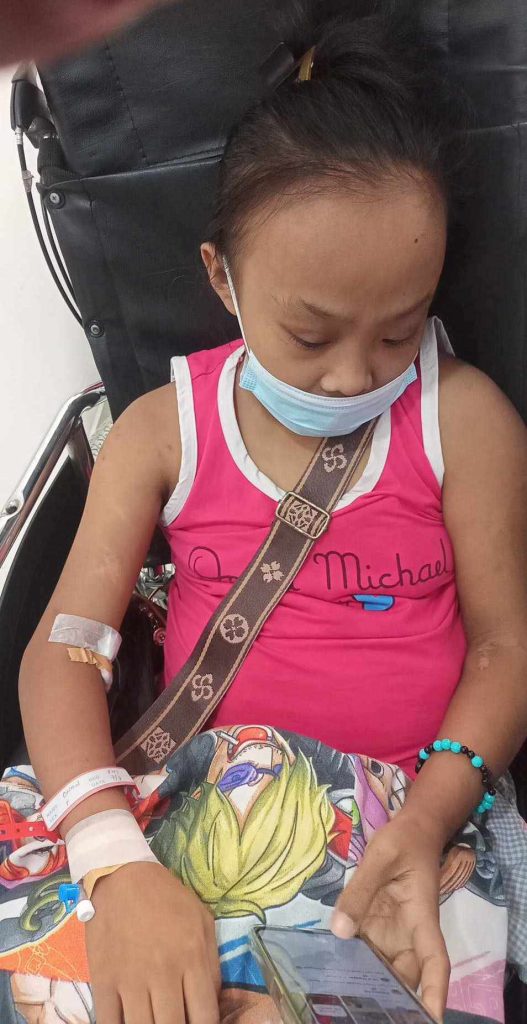
For her family, the wish meant even more. Her mother had always wondered, “Sikat si Regine. Aang dami niyang ginagawa. Mapapansin kaya niya ang anak ko?” It was a fear many parents of sick children carry, this worry that their child’s pain is too small to be seen in a world full of noise. But the answer for Elaiza was yes. Regine noticed her. Regine listened to her. Regine made room for her gentle voice and fragile hope.
And for a family who had lived in fear for years, that single act of kindness became a light they did not know they still needed. It was a reminder that even if a wish can not heal the body, it can strengthen the spirit in ways medicine never could.
The Warrior Who Draws Light
Ask Elaiza how she wants to be remembered and she won’t say “the sick girl,” or “the dialysis patient,” or “the child who met a celebrity.”
She’ll say, “Warrior.”
And in her drawings of Gojo, with white hair glowing, eyes shining like the strongest sorcerer, you begin to understand.
She doesn’t draw power because she wants fantasy. She draws power because she is power.
Her life is not defined by kidneys that failed her.
It is defined by the way she fought despite them.

To the Younger Elaiza Who Was Scared and Tired
As her story nears the present day, you begin to understand the depth of everything she has carried. The years of dialysis. The nights her mother watched her breathing. The long hospital stays. The moments she wondered if she would ever feel normal again. And yet, she kept moving, even slowly, even painfully, because something inside her refused to give up.
If she could speak to the little girl she once was, the tired and frightened 11-year-old who first stepped into PGH with trembling legs, she knows exactly what she would say.
“Lumaban ka. Lagi kang mag-pray. Kaya mo yang lagpasan.”
Fight.
Pray.
Hold on.
There is light waiting at the end of this dark hallway.
That is what time, illness, love, and a single granted wish have taught her: pain can shape you, but it does not get to finish your story.
And this is where the deeper meaning of her journey rises to the surface. Because the truth is simple. A wish cannot cure a disease. It cannot bring back the childhood she lost. It cannot replace the years she spent watching life from a hospital bed.
But a wish can do something medicine never will.
A wish can anchor a child to hope. A wish can create a memory powerful enough to quiet fear. A wish can remind a child that her life, her dreams, and her heart matter.
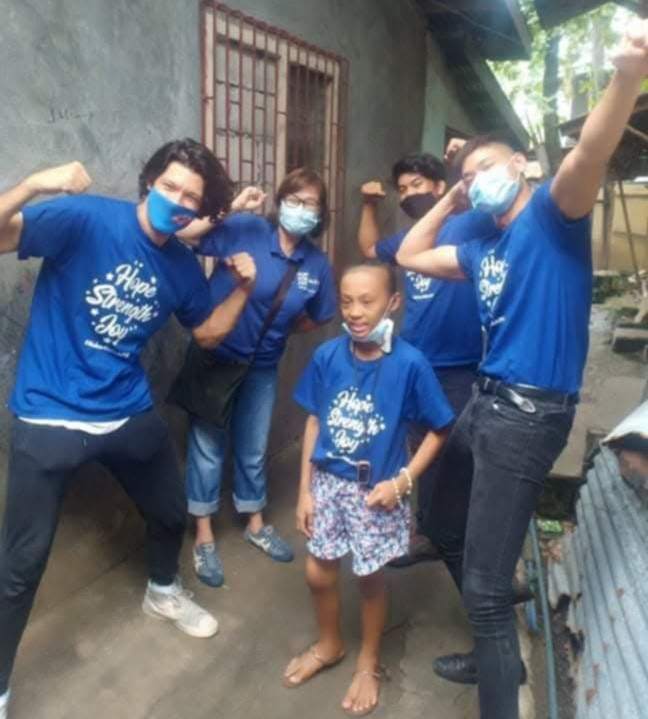
This is why Make-A-Wish exists. This is why storytellers carry these narratives forward. Because wishes may not heal the body, but they strengthen the spirit in ways nothing else can.
And in a world that is often too loud, too fast, and too distracted to notice the quiet suffering of a child, it only takes one moment of magic to change everything.
Elaiza’s story teaches us this: the strongest warriors do not always look strong. Sometimes, they are small, soft-spoken girls with weak kidneys and tired eyes. Sometimes they fight silently, pencil in hand, drawing the strength they wish they had, not knowing they already possess it.
And sometimes, all they need is one wish, one song, one moment of being seen, to keep fighting for the life they deserve.


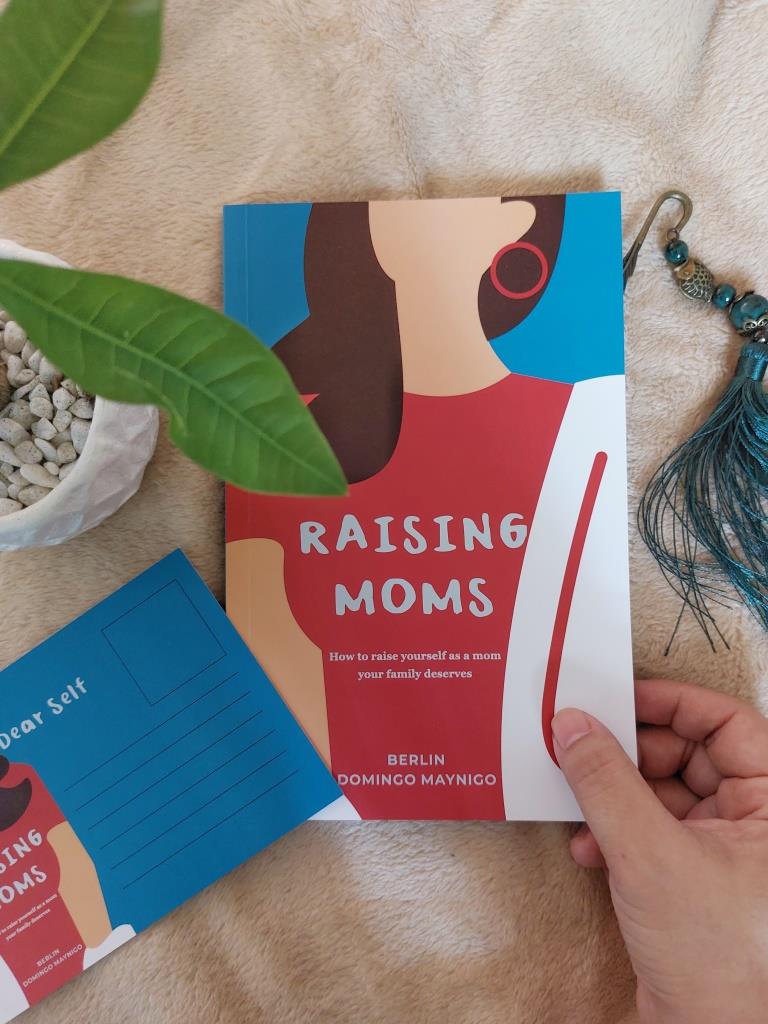







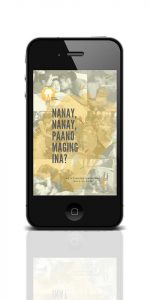

My wish for Elaiza is for her Wish to make come. Strong girl … keep fighting, keep praying . Praying for your recovery soonest